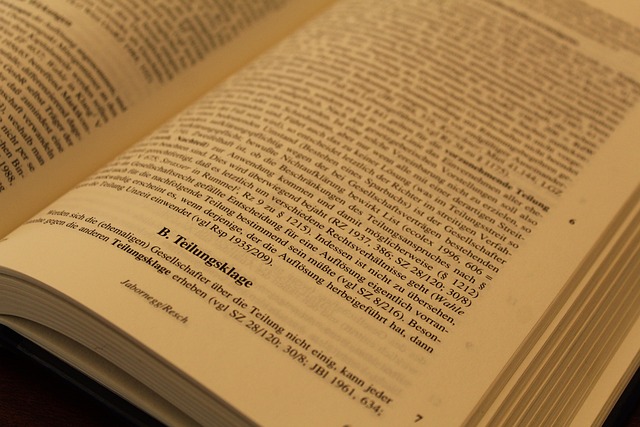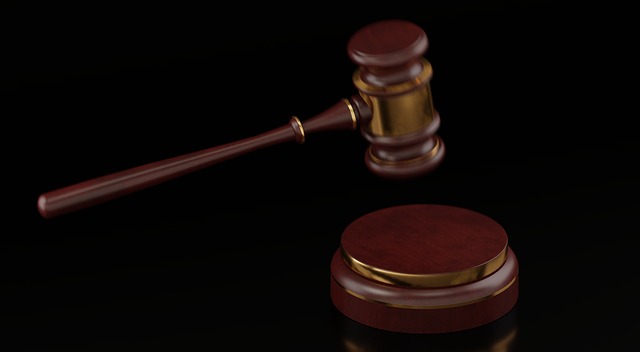Probate law manages and distributes a deceased person's estate according to their will, with lawyers playing a crucial role in protecting client interests and ensuring fair estate distribution. Executors oversee this process, valuing assets, settling debts, and distributing the remainder as per the wishes of the deceased. Safeguarding assets and maintaining transparency is vital, while open communication empowers clients to understand and assert their rights. Attorneys navigate complex laws and regulations to ensure assets are divided fairly, addressing disputes through mediation or court intervention when necessary, ultimately achieving a just estate distribution.
Protecting client interests in probate cases is paramount to ensure fairness and transparency during the complex process of estate distribution. This article delves into critical aspects of probate, focusing on the role of executors, asset protection strategies, and legal considerations that safeguard client interests. We explore methods for transparent communication, dispute resolution techniques, and best practices for achieving a just distribution of the estate. By understanding these key elements, professionals can navigate probate with integrity and competence.
- Understanding Probate and Client Interests
- The Role of Executors in Estate Distribution
- Safeguarding Assets: Strategies for Protection
- Transparent Communication: Building Trust
- Legal Considerations for Fair Distribution
- Resolving Disputes: When Interests Clash
Understanding Probate and Client Interests

Probate is a legal process that involves administering and distributing a deceased person’s estate, ensuring their wishes are followed regarding asset ownership and final financial matters. Understanding probate law and its complexities is crucial for protecting client interests in estate distribution.
In these cases, lawyers play a pivotal role in safeguarding the rights of clients, who may include beneficiaries or executors named in a will. By thoroughly examining the will, identifying potential disputes, and navigating the legal process, attorneys can ensure that the deceased’s wishes are respected, and all parties involved receive their rightful share of the estate according to the terms outlined in the will, which is the foundation for fair and efficient estate distribution.
The Role of Executors in Estate Distribution

Executors play a pivotal role in probate cases, responsible for managing and distributing the deceased’s estate according to their wishes. Their primary task is to ensure fair and accurate estate distribution, which involves a meticulous process of identifying and valuing assets, paying off debts and taxes, and ultimately transferring the remaining assets as directed by the will or trust.
The executor’s fiduciary duty demands they act in the best interest of the beneficiaries, be transparent in their actions, and uphold the integrity of the estate throughout the estate distribution process. This includes navigating complex legalities, managing potential conflicts of interest, and ensuring all distributions comply with applicable laws and regulations.
Safeguarding Assets: Strategies for Protection

In probate cases, safeguarding client assets and ensuring a fair estate distribution is paramount. One key strategy involves implementing robust asset protection measures from the outset. This includes identifying and segregating high-value assets, such as real estate or investments, to prevent any potential misuse or decay in value during the legal process. Advanced planning techniques like setting up trusts can also shield assets from creditors and ensure they are distributed according to the testator’s wishes.
Additionally, regular monitoring of asset values and market trends is essential. This proactive approach allows for timely interventions, such as diversifying investments or transferring assets into irrevocable trusts, further safeguarding them from unexpected liabilities or legal challenges. Ultimately, these strategies aim to preserve the integrity of the estate distribution process, ensuring clients receive the full benefits of their legacy.
Transparent Communication: Building Trust

In probate cases, transparent communication is a cornerstone of protecting client interests. It fosters trust and ensures that all parties involved have a clear understanding of the legal process, estate distribution, and any potential conflicts. Lawyers should regularly update their clients on case progress, decisions made, and next steps, demystifying complex legal jargon to prevent confusion or missteps.
This open dialogue helps clients feel empowered to make informed choices and assert their rights during what can be a challenging time. By maintaining clear channels of communication, attorneys demonstrate professionalism, ethics, and commitment to their client’s best interests, ultimately facilitating a smoother estate distribution process.
Legal Considerations for Fair Distribution

In probate cases, ensuring a fair estate distribution is paramount to protecting client interests. This involves meticulous legal considerations to safeguard the rights and entitlements of all involved parties, especially beneficiaries. Attorneys must navigate complex laws and regulations to ensure assets are divided according to the deceased’s wishes, as expressed in their will or trust, while adhering to state-mandated guidelines for distribution.
Fair estate distribution requires a thorough understanding of inheritance laws, tax implications, and potential disputes among heirs. Legal professionals play a crucial role in minimizing conflicts by clearly defining property ownership, identifying and valuing assets accurately, and addressing any special circumstances that may affect distribution. This includes considering the needs of minor children, disabled individuals, or other dependents, ensuring their interests are protected throughout the probate process.
Resolving Disputes: When Interests Clash

In probate cases, where complex financial and personal matters are at stake, resolving disputes is an integral part of protecting client interests. When beneficiaries or interested parties have conflicting views on the estate distribution, it’s crucial to navigate these tensions effectively. The primary goal is to ensure fairness while upholding the wishes of the deceased, as outlined in their will or as per legal requirements.
Mediation and open communication are key strategies to resolve such clashes. Legal professionals can facilitate discussions, helping clients express their perspectives and negotiate a mutually agreeable solution. In cases where an equitable resolution cannot be reached amicably, court intervention may be necessary. This process ensures that the final decision considers all parties’ interests and rights, leading to a fair estate distribution.






